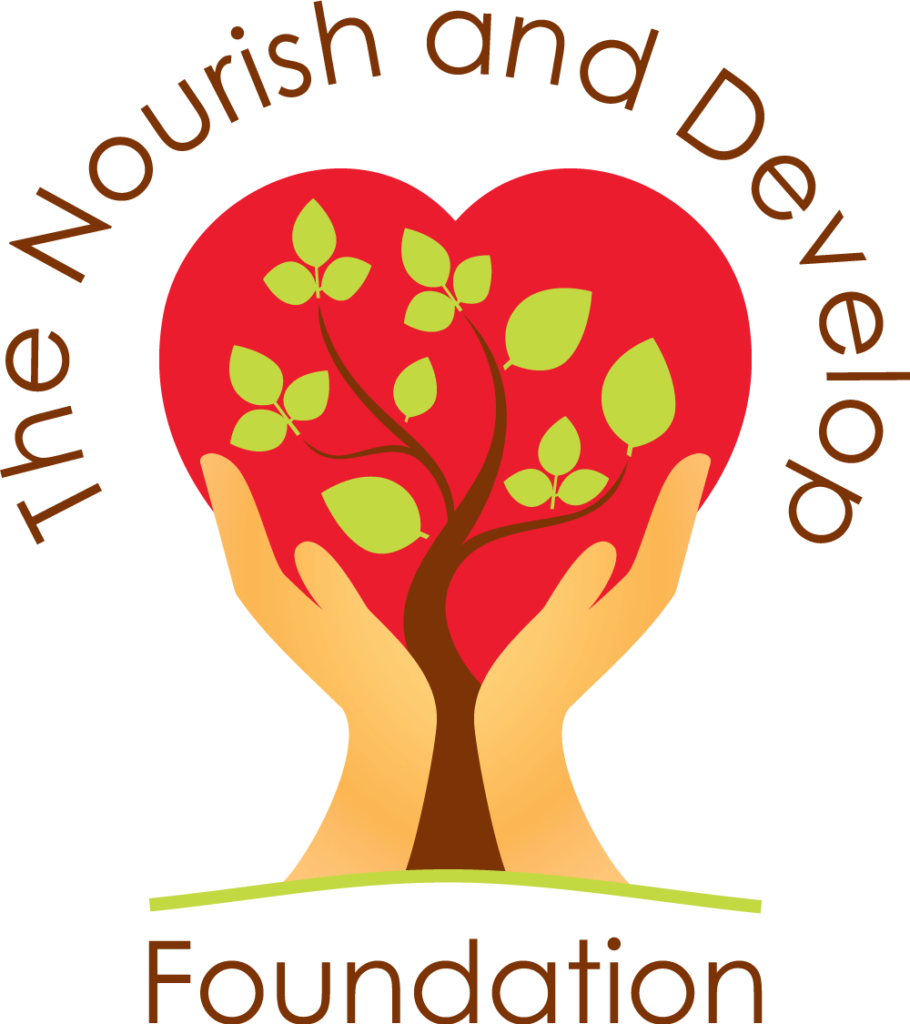the good news is,
after 18 months since schools made the first of many pandemic transitions, there is more information available than ever in regard to COVID-19 safety protocols and with options to learn both remotely and in-person. Still, it can remain a difficult time to continuously navigate new systems and to feel comfortable with the process. We recognize the challenges that lie ahead and commend the resilience of caregivers, educators, and students alike. From a mental health perspective, we hope to offer some helpful tips with building confidence in the tools you have to make the back-to-school adjustment period easier to manage.
Whichever emotions you relate to, they are completely valid!
Be mindful of your expressions as kids can feed off your energy. While it is okay and normal to experience a range of feelings, it is important to show your child that you can self-regulate and find healthy outlets for your emotions. Try engaging in some deep breathing exercises to return to a state of calm or invite your kids to go for a walk with you to help clear your head. Modelling such coping mechanisms offers a learning opportunity to teach appropriate behaviours in times of distress.
Preparing for in-Person
Encourage your child to name their feelings to you by showing interest, not judging them, and make them feel like they are being heard. Then, ask what you can do to help. In terms of COVID-19, be sure to invite questions and be honest, clear, and direct in your answers, sharing age-appropriate facts. If you do not know the answer, let them know that though you do not know, you will happily find out and get back to them. It is also important to communicate with teachers. When teachers become aware of any concerns or challenges in a student, they will best know how to help them through, whether it be making certain accommodations or teaching in a particular style.
After spending most of their time at home, children may experience some separation anxiety upon returning to school. Pay attention to potential warning signs, which can include regression in developmental milestones, resistance to leave the house, somatic complaints, and withdrawal from people and previous enjoyed activities that has lasted for at least a couple of weeks and is different from their normal behaviour. Ask your child what they are most looking forward to and allow them to choose some school supplies or an outfit to get them excited. If possible, drive by the school and follow the bus/walking route. Practice giving them more space throughout the day by having them play alone while you make dinner or have a friend or family member take a turn to watch them.
When entering the new school year, children already have the expectation that they will be entering a new grade, with a new teacher, and new classes. Expand on this by talking them through how they can best prepare for new changes and procedures. To help them understand what this will look like in reality, start to practice the activities they will have to apply in the school environment such as effective mask wearing, physical distancing, connecting online, and proper handwashing. Check-in to see how they are doing with their progress and whether there is something that is not working for them (uncomfortable masks, sanitizer that is too strong, etc.) so you can work out any kinks in advance.
Supporting learning habits
Keeping a simple routine can make a difference by reducing our stress levels and helps us to form healthy habits. With all the uncertainty among us, structure can anchor and make us feel secure. One activity that some families find helpful is to have a weekly family meeting where members discuss the schedule for the week, highlight what they want to work on or accomplish, and how they can set up for a good day. That way, everyone is prepared going into the week and is on the same page. Always finish each meeting with something fun like a movie, game, or talent show!
Teach them to:
- Wake up and go to bed at similar times each day
- Get dressed for the day
- Take care of your personal hygiene
- Pack a nutritious lunch
- Spend time outside
- Exercise
- Take breaks
- Do something you enjoy
- Drink water
- Connect with others
In addition to formal education, two effective methods of learning are through play, and through skill-building! Some children may not be able to express their understanding of coronavirus via words and dialogue, but if they are given a creative space, this may help them to make sense of the current world. For instance, if provided with paper and crayons, you might see them draw themselves, friends, or family with masks on, and if they are playing with action figures or dolls you might see them practice physical distancing. Learning hands-on skills translates to improved problem solving and finding new ways of thinking.
Teach them to:
- Make a phone call
- Sew on a button
- Wash dishes
- Find a book at a library
- Plant a seed
- Change a lightbulb
- Change a flat tire
- Iron a shirt
- Set the table
- Do laundry
Developing social skills and emotional intelligence are crucial to school, work, and life success. It teaches us self-awareness, relationship building, emotional regulation, effective communication, impulse control, problem-solving, to feel empathy, and much more! Introducing opportunities to learn social emotional skills in childhood and adolescence is beneficial for kids to cope with everyday challenges in healthy ways.
Teach them to:
- Write a thank you note
- Select a thoughtful gift
- Admit a mistake and apologize
- Ask for help
- Recognize the needs of others
- Use a journal
- Give a compliment
- Name different emotions
- Share with others
- Work as a team
Most importantly, enjoy the final days of summer!!!
Resources:
Back-to-School Resources for Families and Educators
https://childmind.org/backtoschool/
COVID-19 School Health and Safety Measures
https://www.ontario.ca/page/covid-19-health-and-safety-measures-schools
Durham District School Board
https://www.ddsb.ca/en/whats-happening/return-to-school-2021-2022.aspx
School Mental Health Ontario
Social-Emotional Activities
https://pathways.org/topics-of-development/social-emotional/
Sources:
https://healthier.stanfordchildrens.org/en/tips-for-kids-back-to-school-anxiety/
https://childmind.org/article/back-to-school-anxiety-during-covid/



